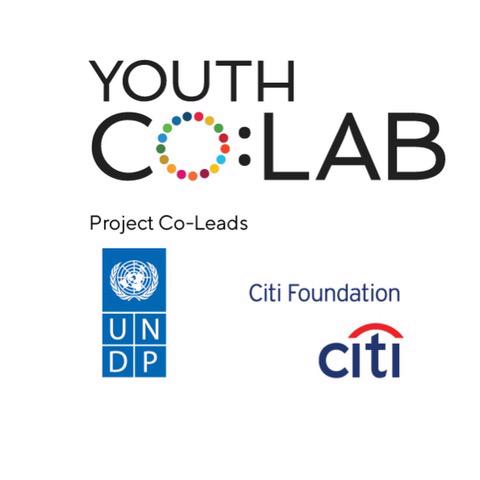Over two-thirds of young social entrepreneurs cited access to adequate financial resources as their biggest obstacle in advancing climate action.
A new report entitled “Climate Concern to Climate Action: The Role of Young Social Entrepreneurs”, commissioned by Youth Co:Lab and surveying over 1,000 young social entrepreneurs in 25 markets in the Asia-Pacific, highlighted climate change as a global emergency, putting the spotlight on how this group is taking bold steps to address climate challenges. Those surveyed were increasingly involved with developing climate solutions and working with organizations that were taking action to minimize the negative environmental impact of their operations.
The report found that 85 per cent of young social entrepreneurs faced challenges in advancing climate action. Among this group, access to adequate financial resources emerged as the biggest obstacle to advancing climate action, with 68 per cent of respondents identifying it as a challenge. A lack of connection to relevant partners and absence of education and training were listed as the second and third biggest obstacles by 55 per cent and 46 per cent of respondents, respectively.
“We are working with clients and other partners across Citi’s global network to help close gaps highlighted in this report and build a sustainable future,” said Mr. Peter Babej, CEO of Citi Asia Pacific. “Social entrepreneurs play a critical role in this effort, and we are committed to supporting this inspirational group in developing innovative sustainable solutions.”
In 2020 and 2021, Citi financed and facilitated $222 billion in sustainable finance activity, and has committed $1 trillion to sustainable finance by 2030, including $500 billion for environmental finance and $500 billion for social finance.
Despite the challenges, young social entrepreneurs remain resilient and engaged in climate action. Sixty-six per cent of them have actively engaged in delivering climate action-focused products and services, while 80 per cent want to further climate action through their organizations by developing stronger research, designing climate-smart solutions, leading advocacy on climate action, and scaling up existing climate initiatives.
In Vietnam, Youth Co:Lab, an initiative co-led by the Citi Foundation and the United Nations Development Program (UNDP), helped three young entrepreneurs start FUWA Biotech with a desire to develop industrial home care products that are good for the environment and safe to use. The team makes enzymes for chemical-free cleaning liquids from waste pineapple peel.
Every month, FUWA is able to collect up to ten tons of peel for upcycling in their zero-waste factory and producing cleaning liquids that not only clean dishes but also improve skin health. As a result, many users no longer need to wear gloves while washing the dishes.
FUWA has grown nationwide, and the team expects that by 2023 they will serve at least 5 per cent of Vietnamese consumers and export to other countries. Its products were showcased at the Youth Co:Lab Vietnam Competition 2020, where the team won the First Runner-Up Award.
Mr. Ramachandran A.S., Vietnam Citi Country Officer, said the story of FUWA Biotech highlights that youth social entrepreneurs can make a real impact on the environment. “Despite the barriers within the entrepreneurship ecosystem, many young people in Vietnam are leading local solutions to solve climate risks,” he said.
The report sought to understand the role that young social entrepreneurs in the Asia-Pacific region can play in tackling the climate emergency and the support they need to amplify the impact of climate actions and solutions.









 Google translate
Google translate